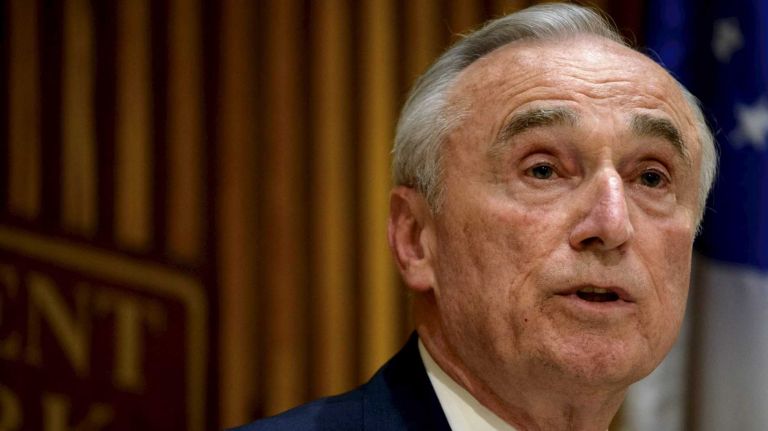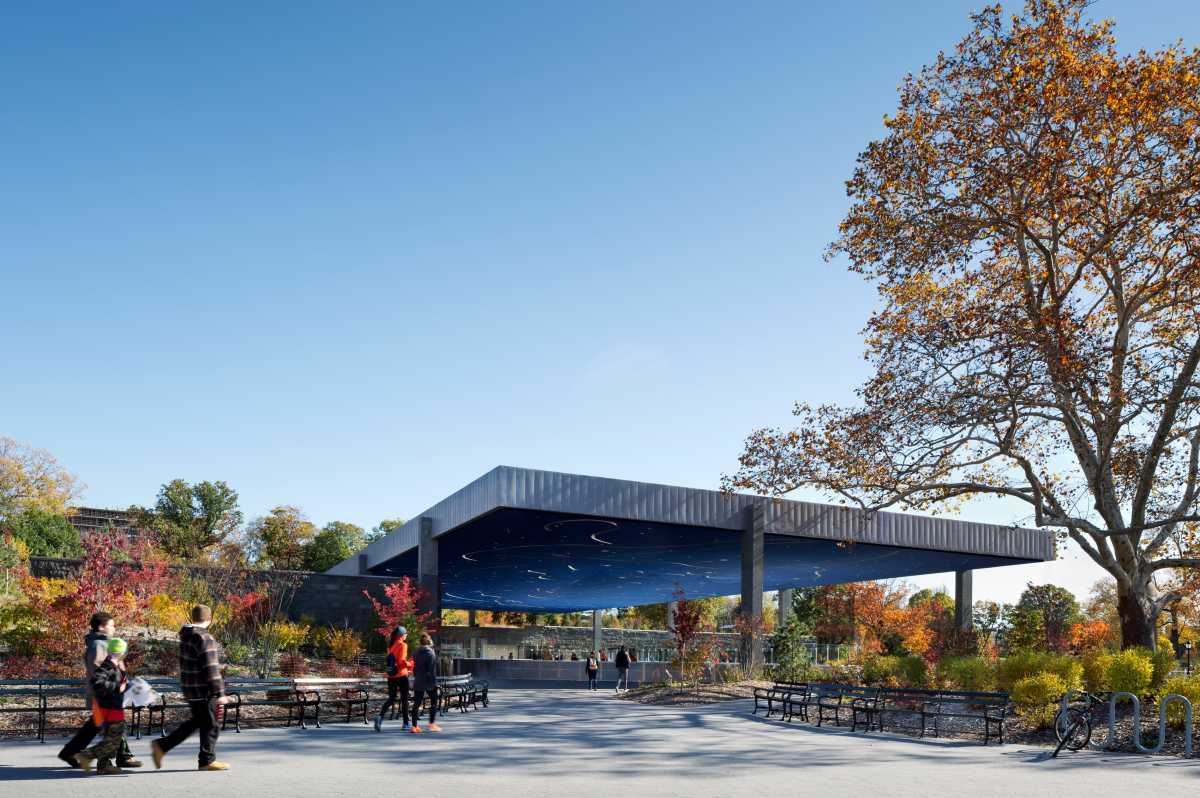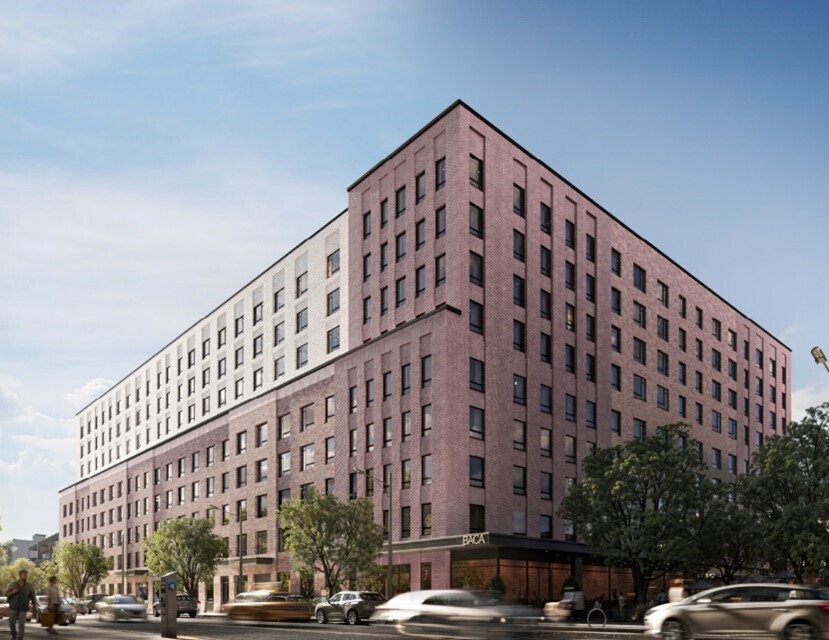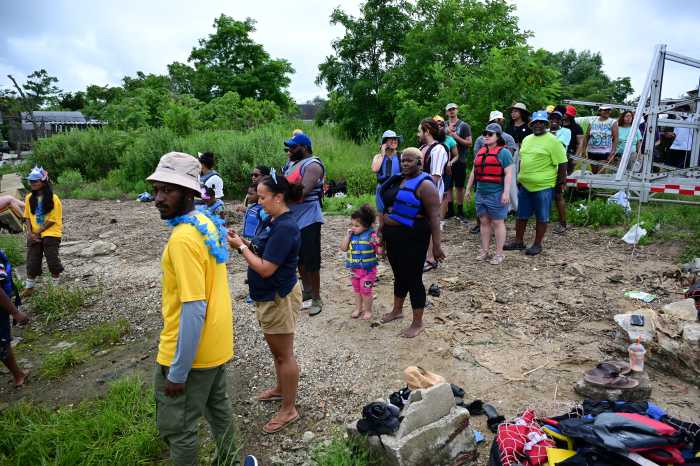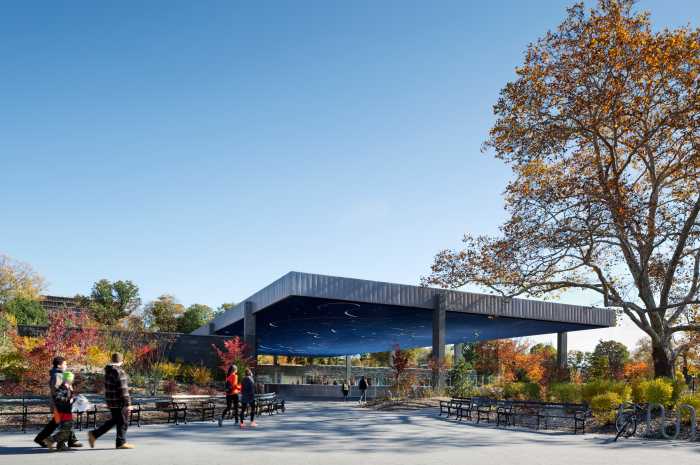
When it comes to dealing with the media, NYPD Commissioner Bill Bratton is Cool Hand Luke.
No question fazes him. When reporters asked about lawsuits arising from police misconduct during his first tour as commissioner in the 1990s, he’d toss off one-liners: The so-called victims and their lawyers were just looking for a payday.
He could also be amusing. When New York Newsday proved an irritant, he referred to it as “that suburban paper from Long Island.”
But Bratton lost his cool last week after an interview with the British newspaper The Guardian. Ironically, the issue that upset him did not involve the usual suspects — alleged police misconduct or brutality. Rather, it concerned the NYPD’s difficulties recruiting African-Americans.
“We have a significant population gap among African-American males because so many of them have spent time in jail and, as such, we can’t hire them,” Bratton said.
This translated into the Guardian headline: “NYPD chief Bratton says hiring black officers is difficult: ‘So many have spent time in jail.’ “
Bratton then alleged that his quote was about the stop-and-frisk policy of his predecessor, Ray Kelly, and was taken out of context.
But was what Bratton said about African-American applicants inaccurate? There is a problem with young black males and a high incarceration rate. And despite millions spent in recruiting, African-Americans comprise 16% of NYPD officers. The percentage has not risen in decades while the percentage of other minorities, in particular Hispanics and Asians, has increased.
Other law enforcement agencies — such as correction or housing and transit police before their merger with the NYPD — were able to attract African-American officers. Why not the NYPD?
“It’s us,” said a high-ranking NYPD official. “It’s our hiring process.”
Although 19% of blacks pass the entrance exam, only 10% are selected. The reason: Many don’t follow through the cumbersome process that can take three to four years and require applicants to go to three different locations.
“We give them no support,” the official said. “We haven’t looked at our own systems. We’ve blamed external forces. Now, we have to look inside ourselves.”



